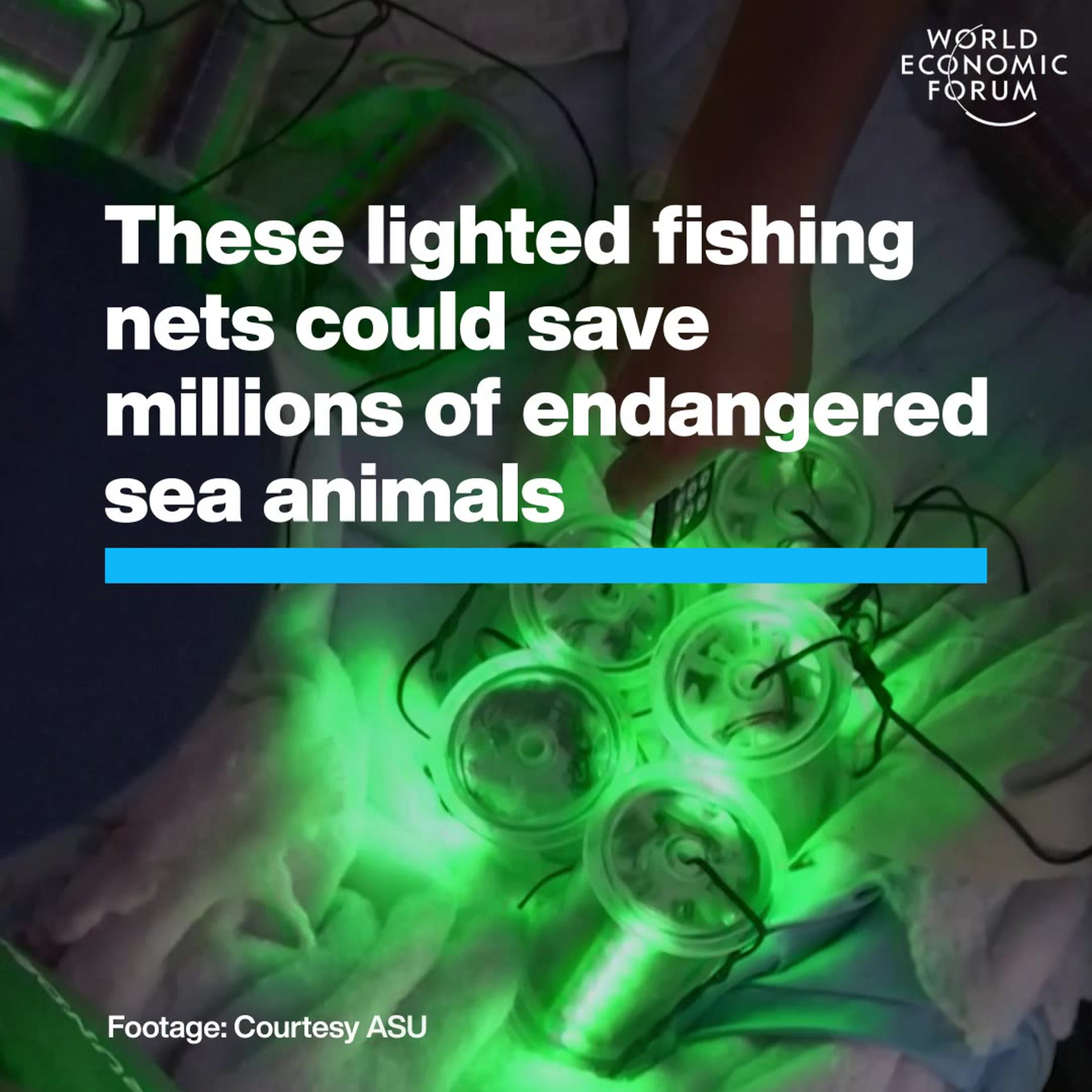Coral reefs are a unique and biodiverse natural ecosystem and economic keystones for many communities and nations. They only cover about 0.2% of the ocean floor but support 25% of marine life. Roughly a billion people worldwide depend on them for food and income. Coral reefs are also the bedrock of many important drug research developments and breakthroughs. However, climate change, overfishing, and land-based pollution are causing these reefs to perish at a swift pace.
How can we save them? Watch the video below for the full story.
“Problem Solved” is a video series by Mongabay examining big, systemic, environmental issues and potential pathways to addressing them. The second video in this series uncovers our impacts on coral reef ecosystems and interventions needed now to save them.
With the help of Arizona State University’s Center for Global Discovery and Conservation Science and the head of the Allen Coral Atlas, Greg Asner, Mongabay dives into the largest impacts to reefs, and the solutions currently on the table to address them. While climate change doesn’t affect all reefs uniformly, experts warn that it’s an existential threat. Climate change must be addressed for any interventions to work in the long term. Other interventions include addressing human and land waste, and the overfishing of waters globally.

'Benjamin Horton, director of the Earth Observatory of Singapore, which studies climate change, said coral reefs are in an urgent predicament.'
Image: The Perfect Ocean.
Land-based pollution, mostly in the form of human effluent and agrochemicals, affects roughly two-thirds of the world’s coral reefs and requires governments and scientists to work together to improve waste management globally. Six in 10 individuals on the planet currently don’t have access to proper sanitation. Overfishing continues to be one of the major threats to reefs, as many reefs depend on fish and other marine creatures to survive. As of 2017, only 65% of global fish stocks were at sustainable levels.
Experts say reef restoration technologies and practices, such as breeding and replanting efforts, are important. However, they should not be viewed as a “silver bullet” to the coral reef degradation as the climate continues to warm. A recent study highlights that increasing ocean temperatures brought on by climate change could wipe out even safe havens or “refugia” where corals can recover from heat stress if the world reaches 2° Celsius (3.6° Fahrenheit) of warming above pre-industrial levels. And as things stand, we’re currently on track to reach even higher temperatures than that without more aggressive action.
What's the World Economic Forum doing about the ocean?
Our ocean covers 70% of the world’s surface and accounts for 80% of the planet’s biodiversity. We can't have a healthy future without a healthy ocean - but it's more vulnerable than ever because of climate change and pollution.
Tackling the grave threats to our ocean means working with leaders across sectors, from business to government to academia.
The World Economic Forum, in collaboration with the World Resources Institute, convenes the Friends of Ocean Action, a coalition of leaders working together to protect the seas. From a programme with the Indonesian government to cut plastic waste entering the sea to a global plan to track illegal fishing, the Friends are pushing for new solutions.
Climate change is an inextricable part of the threat to our oceans, with rising temperatures and acidification disrupting fragile ecosystems. The Forum runs a number of initiatives to support the shift to a low-carbon economy, including hosting the Alliance of CEO Climate Leaders, who have cut emissions in their companies by 9%.
Is your organization interested in working with the World Economic Forum? Find out more here.








